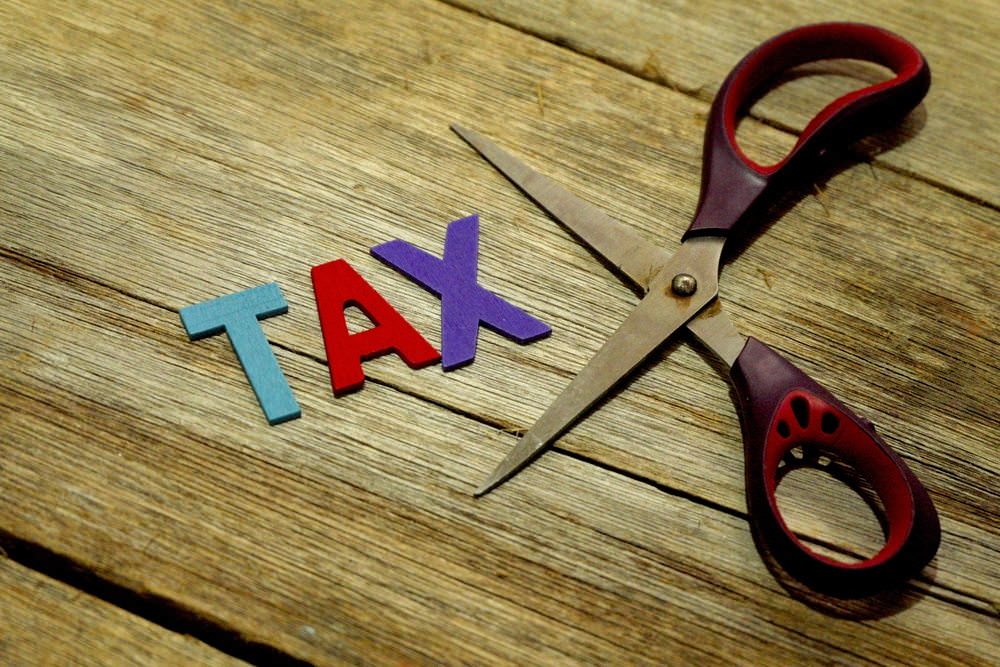
The French government has altered the tax rate for gains generated by cryptocurrencies, which will be subject to a flat tax rate of 19%, as opposed to the current rate of as high as 45%.
The Council of State decided yesterday, April 26, that the gains generated by cryptocurrencies should be considered as capital gains of ‘movable property,’ and in turn benefit from, with exceptions, a lower tax rate than currently applied. It’s worth nothing, though, that with additional social taxes in the country, the number could reach as high of 36.2%.
Previously, gains from the sale of cryptocurrencies have (for the most part) been labeled as industrial and commercial profits (BIC), and, in some cases, as non-commercial profits (BNC). These classifications have resulted in tax rates of up to 45% for the wealthiest taxpayers. On top of this, France has an additional 17.2% generalized social contribution tax (CSG), bringing the real number to as much as 62.2%.
The definition of ‘movable property’ is goods that can be moved, like cars and planes, as well as jewelry and patents or copyrights, according to Le Monde. As this classification of movable property now pertains to cryptocurrencies, they will be subject to a flat rate of 19%, which, even including the CSG, is significantly lower than the rates reserved for BIC and BNC.
In its ruling, the Council of State does state that ‘certain circumstances specific to the transaction’ of cryptocurrencies ‘may imply that they fall under provisions relating to other categories of income.’ These ‘certain circumstances’ cover cryptocurrency mining operations, no matter how big or small, which will fall under the tax classifications for BIC and BNC at 45%.
France and Cryptocurrency
Earlier this week, April 24, the governor of the French central bank addressed cryptocurrencies. François Villeroy de Galhau, remarked on the need for ‘internationally harmonized answers’ to deal with industry markets. He also highlighted the importance of fostering a connection between the traditional banking world and the cryptocurrency ecosystem:
“In particular,” he said, “we should work on exchanges and platforms which provide services at the interface between crypto-assets and the real economy.”
In February, Galhau joined French finance minister Bruno Le Maire and their German counterparts to author a letter to the G20, asking the international forum to discuss cryptocurrencies. The officials called for an International Monetary Fund (IMF) report on the financial stability of cryptocurrencies and potential implications of the technology. They also reiterated the importance of united moves towards cross-boarder regulation.
“We believe there may be new opportunities arising from the tokens and the technologies behind them,” the officials wrote. “However, tokens could pose substantial risks for investors and can be vulnerable to financial crime without appropriate measures. In the longer run, potential risks in the field of financial stability may emerge as well,” they added.
Image from Shutterstock.
